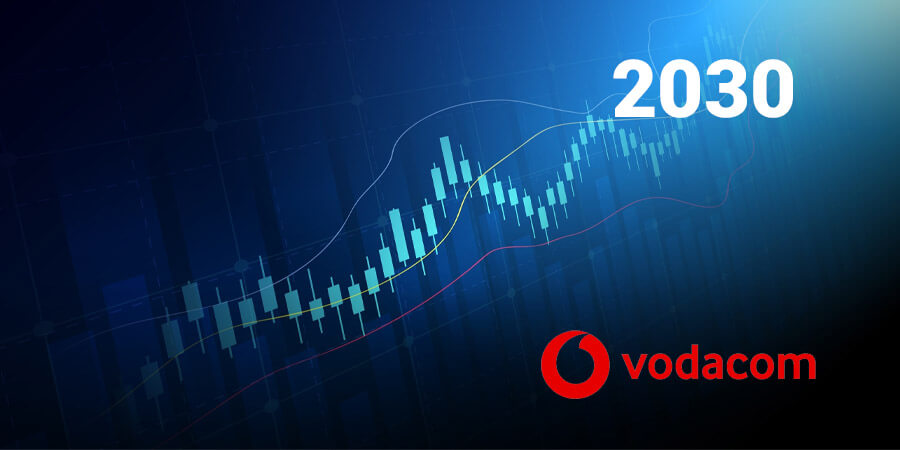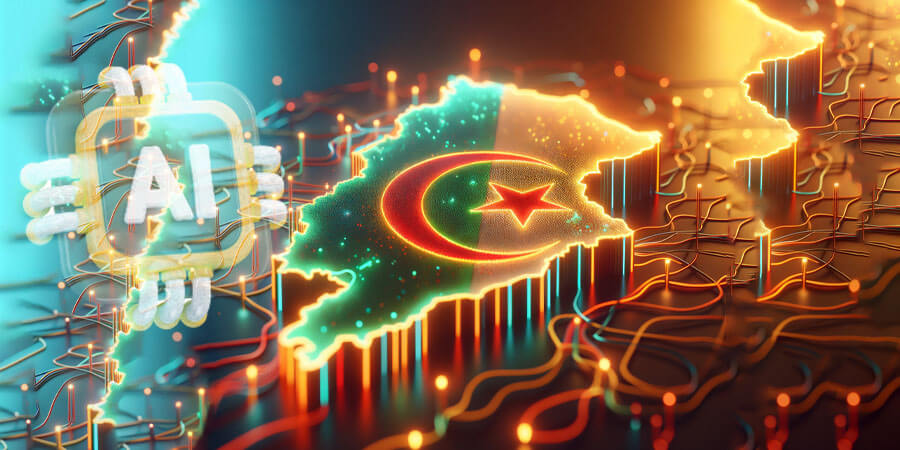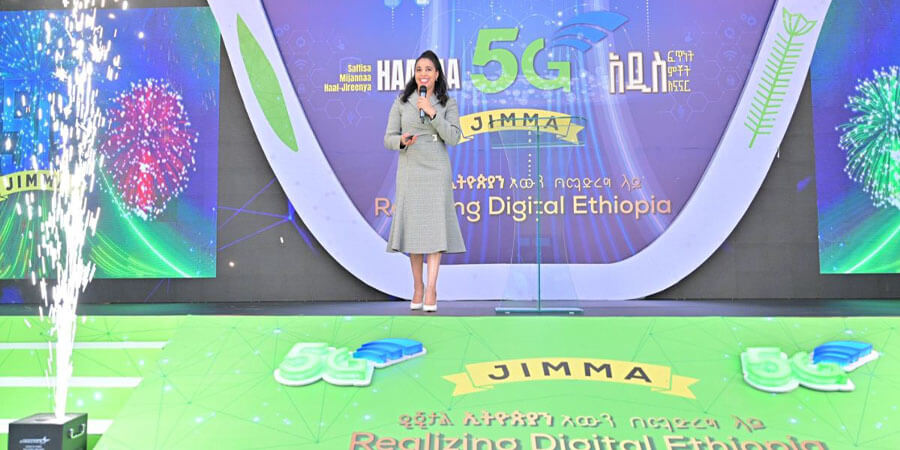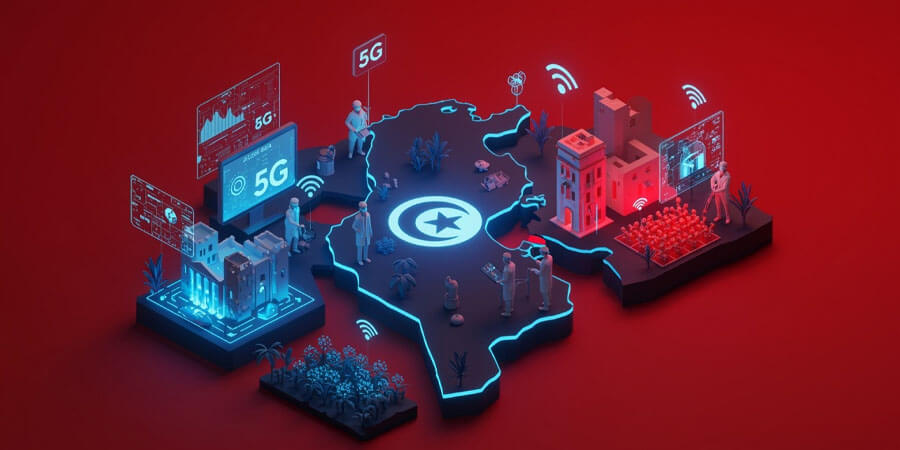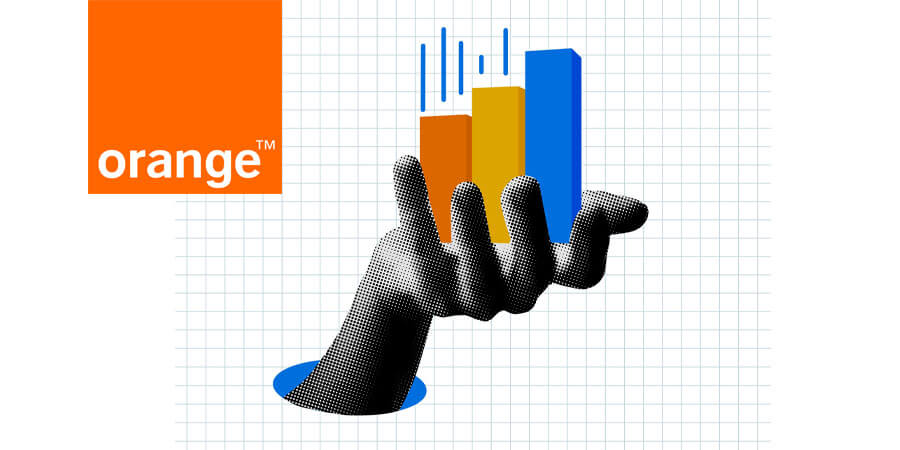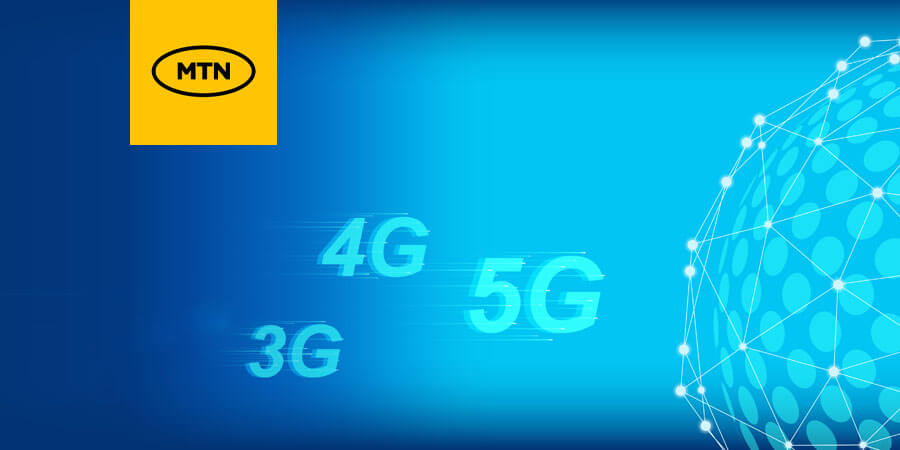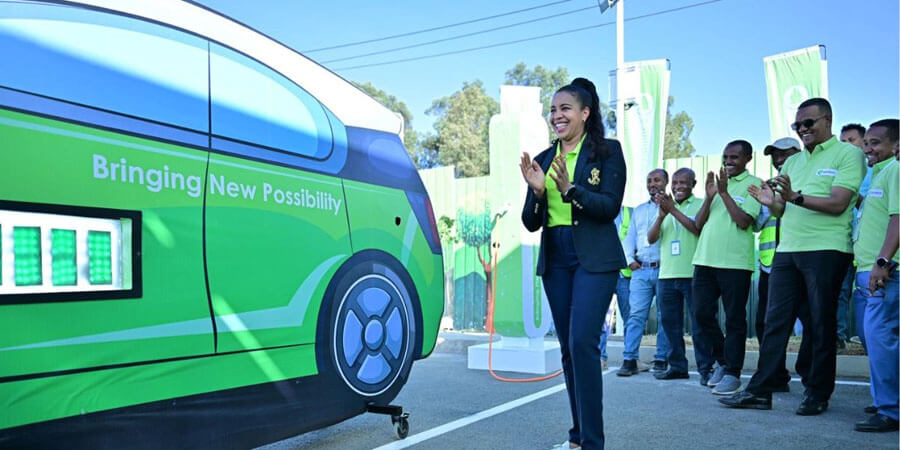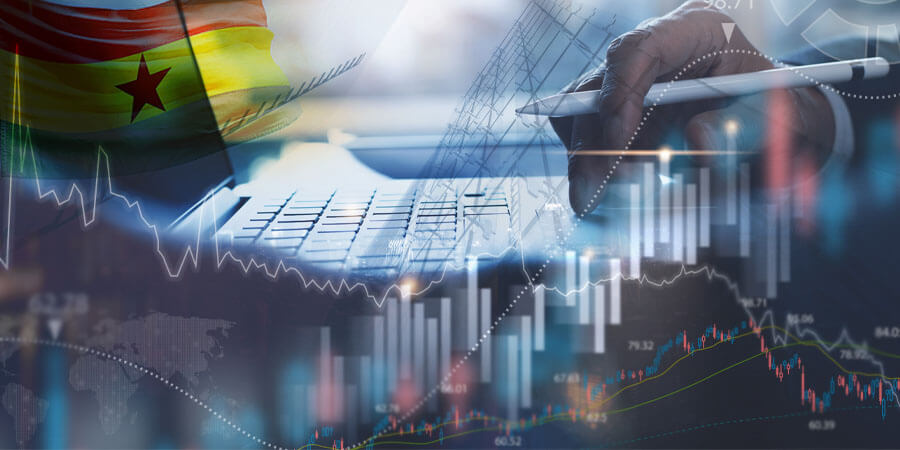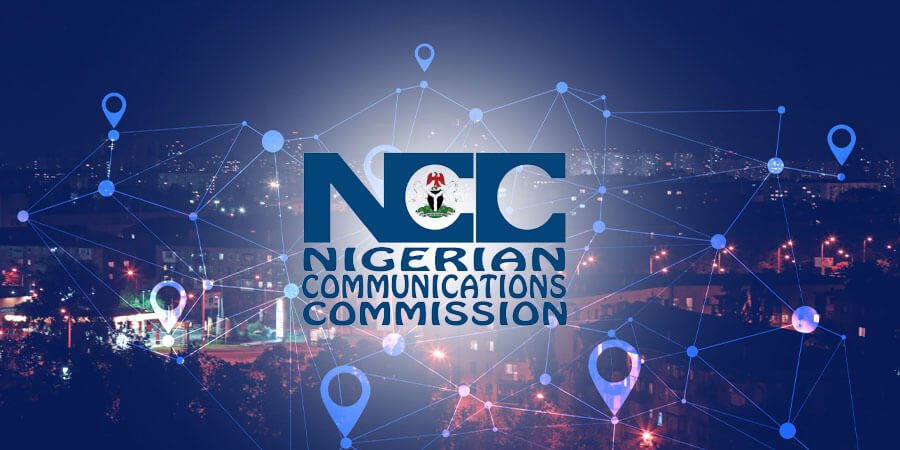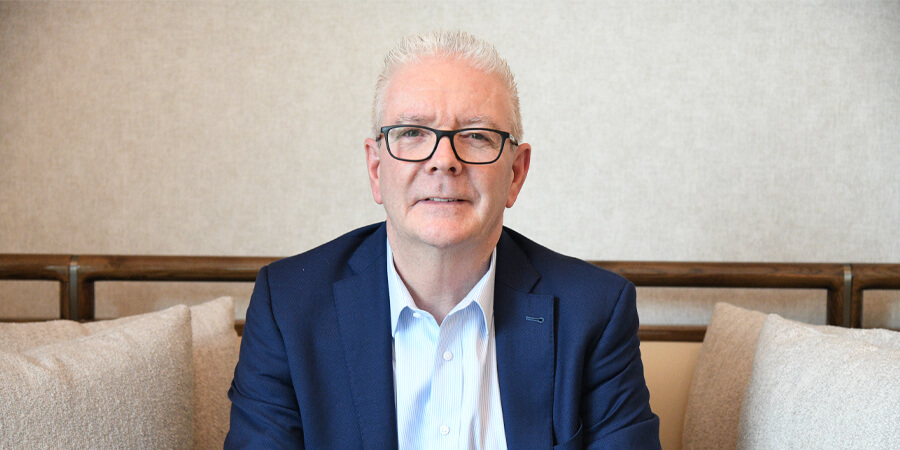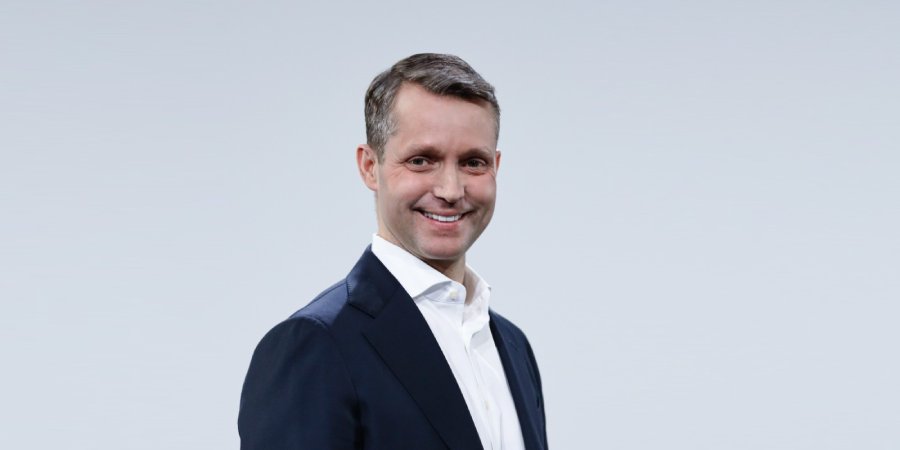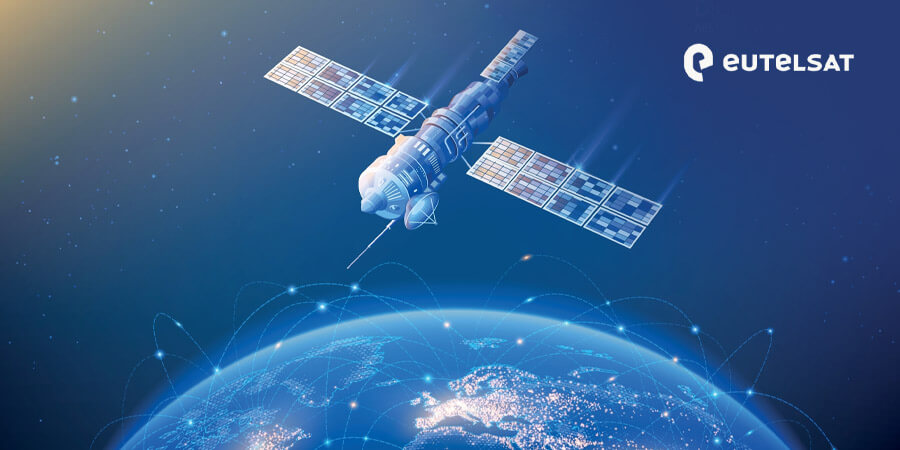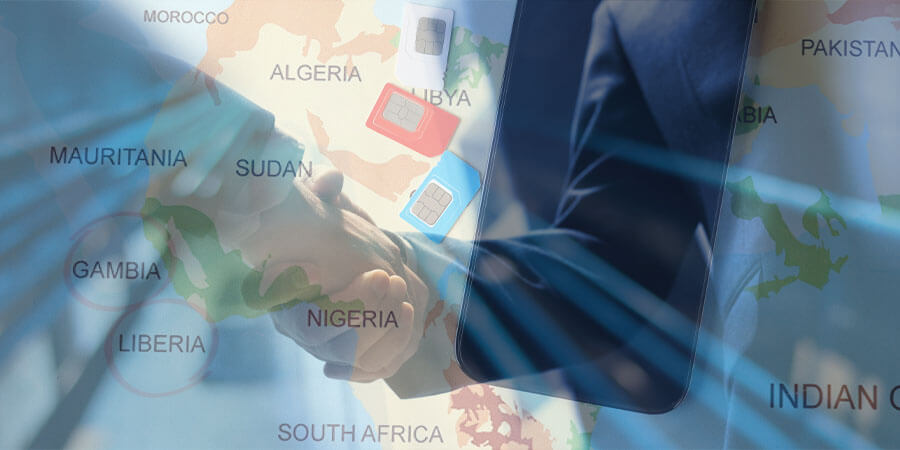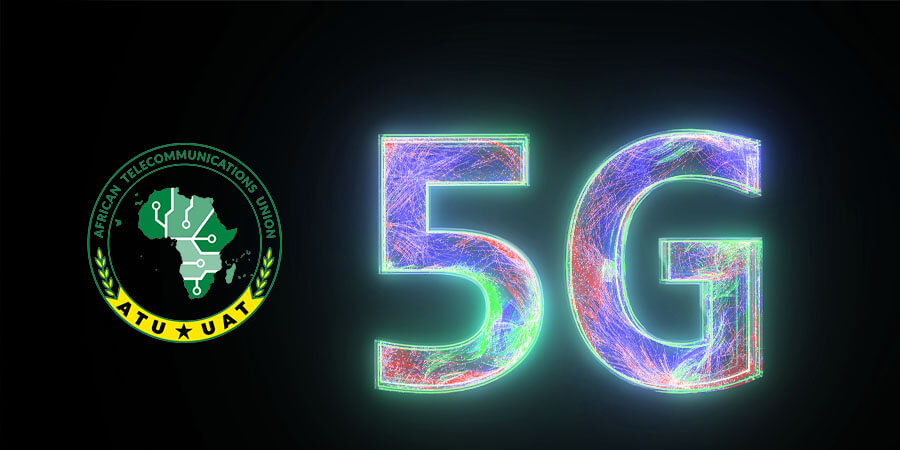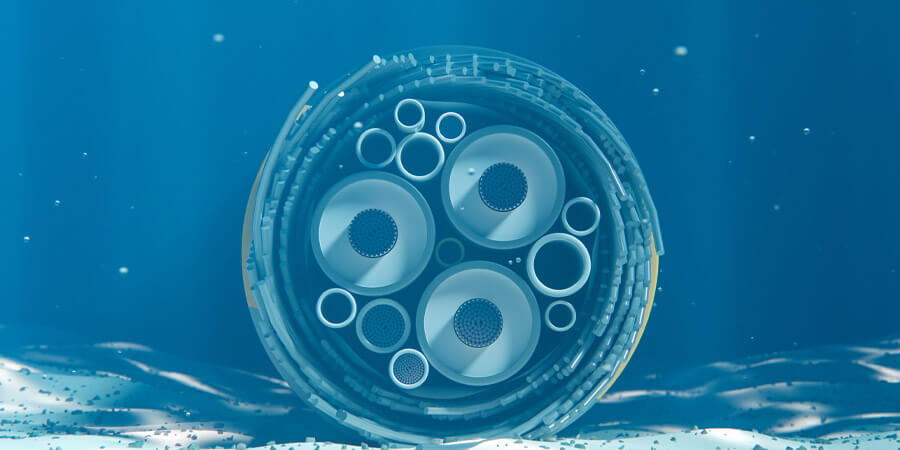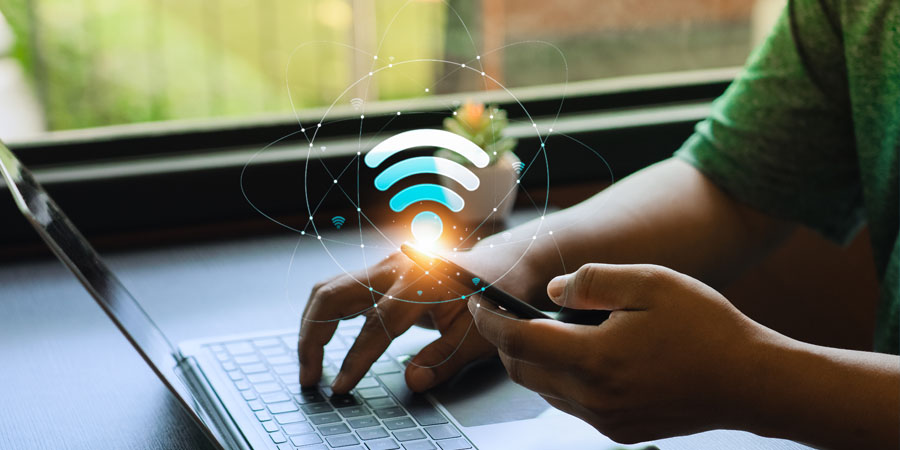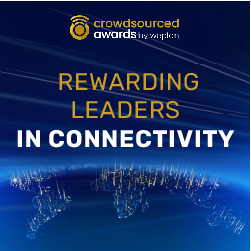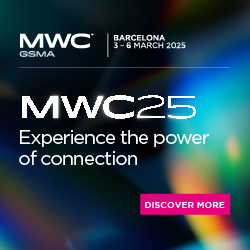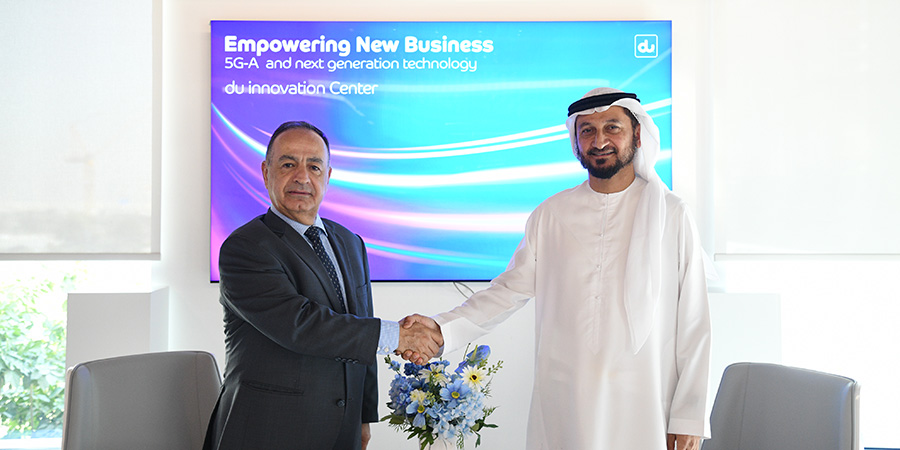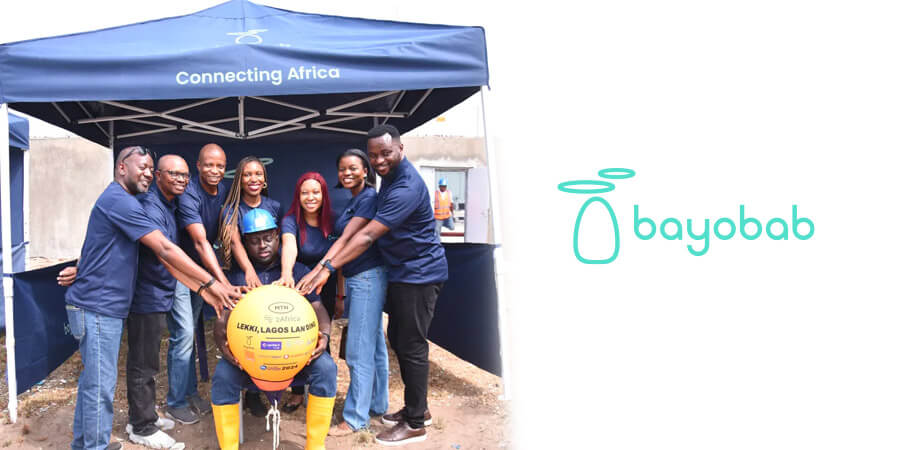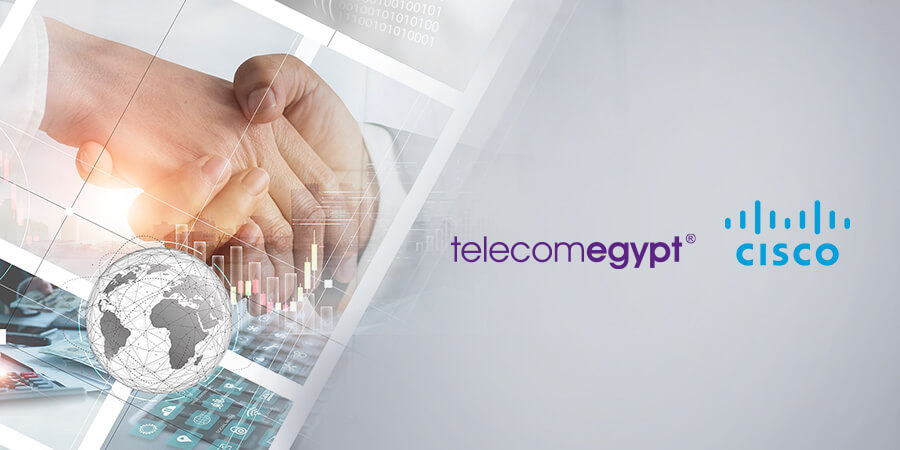Bayobab has successfully landed the 45,000 km-long 2Africa cable in Ghana and Nigeria. The 2Africa consortium is developing the largest subsea cable project in the world.
Cables like 2Africa lay the foundation for the global internet, connecting people and continents, and once live, they will help deliver better and much-needed capacity between Africa, Europe, the Middle East, and Asia. For Bayobab, these landings are the third and fourth in a series of six landings across five countries. This includes three locations in West Africa, including Ghana, Nigeria, and Côte d’Ivoire, in addition to South Africa.
These landings mean that Ghanaian and Nigerian service providers will gain access to world-class capacity in carrier-neutral data centers or open-access cable landing stations on a fair and equitable basis. This will support a healthy internet ecosystem development by facilitating greatly improved internet accessibility for businesses across all sectors and customers alike. Bayobab, which is the 2Africa landing party in both countries, has partnered with MTN Opco to complete the landings.
Nigeria and Ghana are set to play a key role in the growth of West Africa’s digital economy. Ghana is a strategic market and hub for bordering countries such as Togo, Côte d’Ivoire and Burkina Faso. Ghana is also increasing its strategic importance in the WECA region, with the country now having six cable landings, including 2Africa, that facilitate quick and reliable internet speeds. The 2Africa cable will, therefore, go a long way towards transforming the region’s connectivity landscape.
The 2Africa consortium includes Bayobab, Center3, China Mobile International, Meta, Orange, Telecom Egypt, Vodafone Group, and WIOCC.





